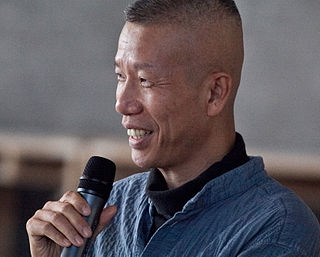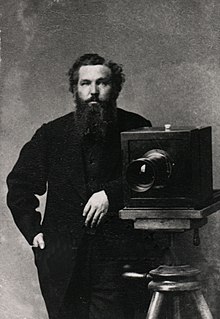A Quote by Cai Guo-Qiang
Even though China was a very closed country, they thought of themselves as the center of the world. It is an ethnic characteristic. After I went to Japan, I had a totally different view. The Japanese are always talking about what the Western world is doing. There is the anxious feeling of an outsider.
Related Quotes
A very enjoyable meditation on the curious thing called 'Zen' -not the Japanese religious tradition but rather the Western clich of Zen that is embraced in advertising, self-help books, and much more. . . . Yamada, who is both a scholar of Buddhism and a student of archery, offers refreshing insight into Western stereotypes of Japan and Japanese culture, and how these are received in Japan.
It seems to me that [my films] are talking about very simple and, I hope, universal feelings. And at the same time, even though they are set in a very weird world with elements that are irrational, at the same time, it's very close to an ordinary world. And I like to have this third feeling of mystery.
We're obviously in a strange environment where practically anyone can set themselves up as a pundit of sorts. It's all about sorting the wheat from the chaff, and I'm very interested in reading different points of view, and certainly different generations than my own that have such a very different world view.
I had been conscious a feeling of depression and so I voiced to [Secretary Of War Stimson] my grave misgivings, first on the basis of my belief that Japan was already defeated and that dropping the bomb was completely unnecessary, and secondly because I thought that our country should avoid shocking world opinion by the use of a weapon whose employment was, I thought, no longer mandatory as a measure to save American lives. It was my belief that Japan was, at this very moment, seeking a way to surrender with a minimum loss of 'face.'
I think feminism has always been global. I think there's feminism everywhere throughout the world. I think, though, for Western feminism and for American feminism, it not so surprisingly continues to center Western feminism and American feminism. And I think the biggest hurdle American feminists have in terms of taking a more global approach is that too often when you hear American feminists talk about international feminism or women in other countries, it kind of goes along with this condescending point of view like we have to save the women of such-and-such country; we have to help them.
Revolutionary war is an antitoxin that not only eliminates the enemy's poison but also purges us of our own filth. Every just, revolutionary war is endowed with tremendous power and can transform many things or clear the way for their transformation. The Sino-Japanese war will transform both China and Japan; provided China perseveres in the War of Resistance and in the united front, the old Japan will surely be transformed into a new Japan and the old China into a new China, and people and everything else in both China and Japan will be transformed during and after the war.
It's pretentious to say, but my art is like a little Zen story, a story with a question mark at the end. People can take from it what they need. If somebody says, "Your art is very funny," I say, "You are totally right." If somebody says, "Your art is very sad," I say, "You are totally right." In Japan they say, "Your art is very Japanese, you even look Japanese.Your great-grandfather was most surely a Japanese man." And I say, "You are totally right."





































